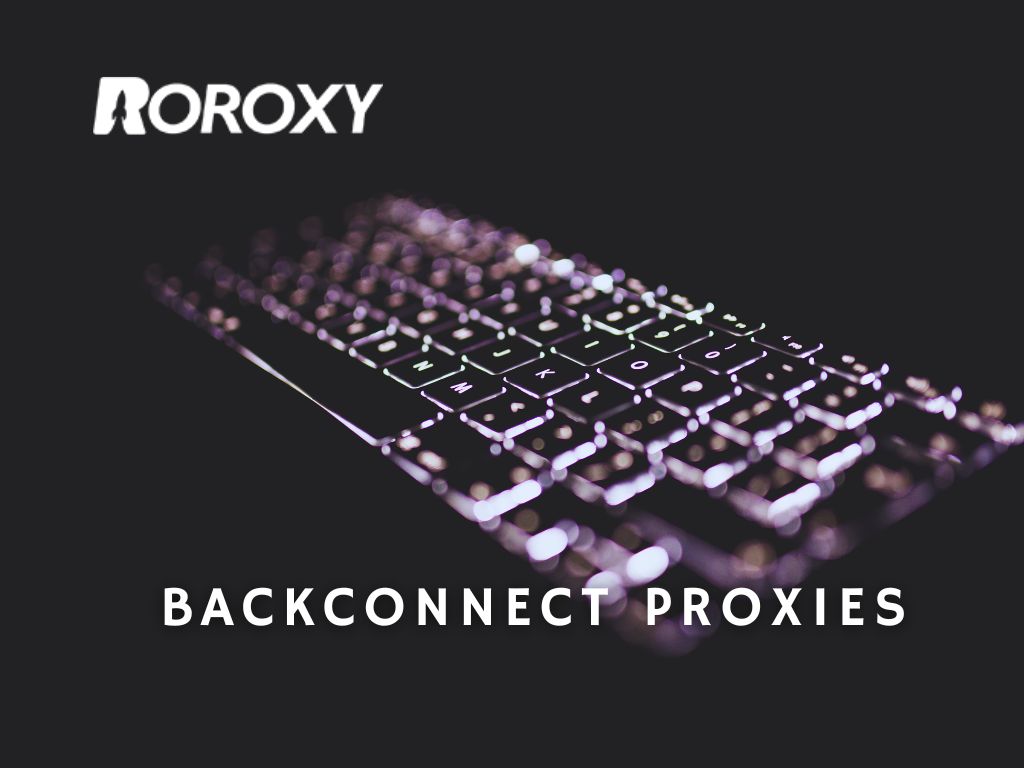Everyone who at least once in their life wondered the question “what are the three types of proxies?” Most likely also wondered what a backconnect proxy are.
In this topic we will try to answer questions related to this type of proxy and explains how backconnect proxies can be a great solution to anyone who using proxies for web scraping.
Backconnect proxies, also known as rotating proxies or reverse proxies, are a type of proxy server that dynamically assigns a new IP address to the user’s connection for each request or at regular intervals. Unlike traditional proxies that use a single static IP address, backconnect proxies provide a pool of IP addresses from which the user’s requests are routed.
Use cases
Like a regular proxies, backconnect can be used for tasks related to gather publicly available information from websites, enabling activities such as price comparison, market research, and ad verification. Typically, web scraping involves extracting large amounts of data. However, it can encounter challenges in the form of blockades. These blockades can take the form of IP blocking, where the request’s IP address is prohibited due to being from a forbidden location or having a forbidden IP type. Alternatively, rate-blocking can occur when the IP address is blocked for making multiple requests within a certain timeframe.
